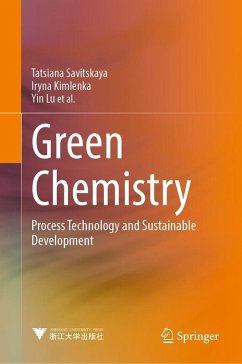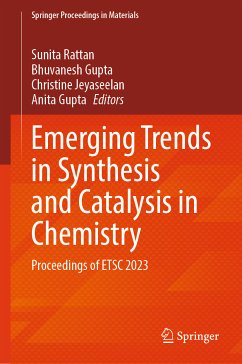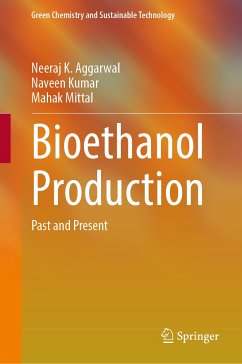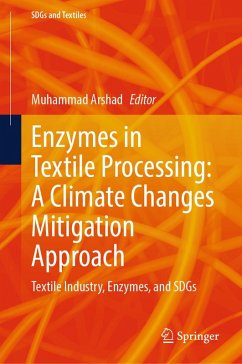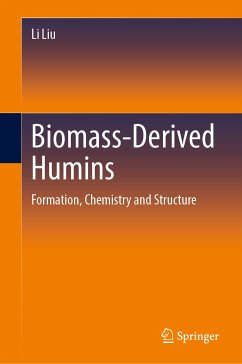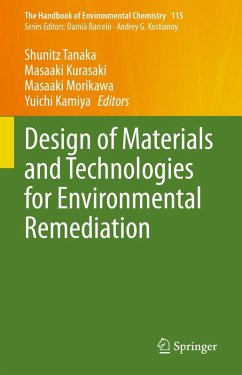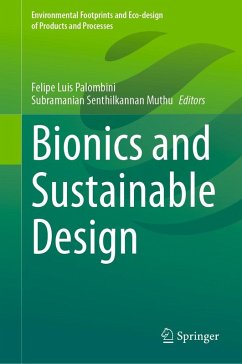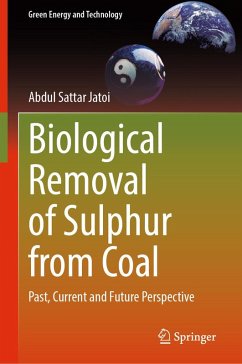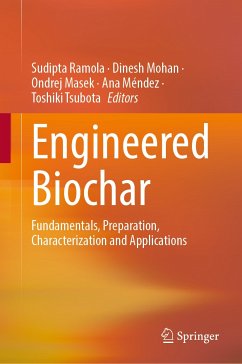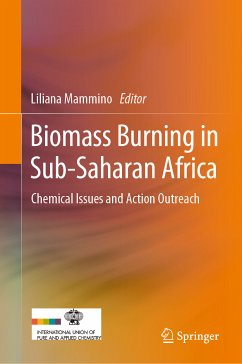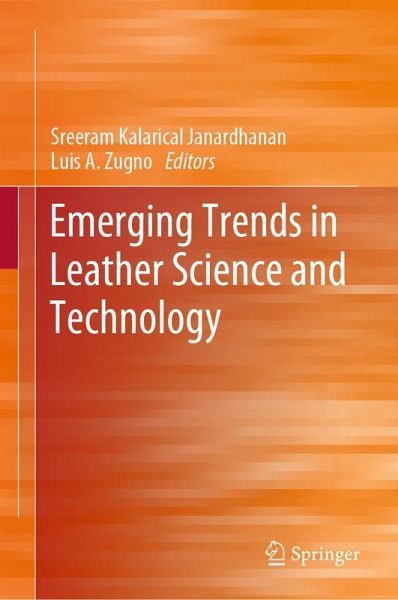
Emerging Trends in Leather Science and Technology (eBook, PDF)
Versandkostenfrei!
Sofort per Download lieferbar
88,95 €
inkl. MwSt.
Weitere Ausgaben:

PAYBACK Punkte
44 °P sammeln!
Leather and its products are globally traded commodities known for durability, fashion, reuse, repurpose, and resistance to degradation. Despite its benefits, the leather industry faces criticism from Non-Governmental Organizations (NGOs) due to its adverse environmental impact and often unfavourable labor conditions in non-certified tanneries. Efforts to enhance sustainability continue, yet challenges persist, prompting calls for revamping leather processing methods to ensure the industry's future compliance requirements. This monograph, through its 17 chapters, aims to address the multifacet...
Leather and its products are globally traded commodities known for durability, fashion, reuse, repurpose, and resistance to degradation. Despite its benefits, the leather industry faces criticism from Non-Governmental Organizations (NGOs) due to its adverse environmental impact and often unfavourable labor conditions in non-certified tanneries. Efforts to enhance sustainability continue, yet challenges persist, prompting calls for revamping leather processing methods to ensure the industry's future compliance requirements. This monograph, through its 17 chapters, aims to address the multifaceted challenges and opportunities within the leather manufacturing industry, encompassing leather processing, product creation, and policy frameworks. The monograph includes contributions made by researchers, scientists, government officials, industry stakeholders, policymakers, and practitioners from more than 10 countries. It underscores the necessity for developing nations to grasp, address, and enhance their processing and manufacturing infrastructure including labor practices as well as meet export standards, to attain sustainability and compliance. Moreover, the book delves into formulating robust policies governing the leather processing and product sector, emphasizing the need for stringent regulations to mitigate adverse environmental impacts. By offering insights into smart and sustainable leather and leather product manufacturing practices, the book serves as a valuable resource for leather professionals and other stakeholders
Dieser Download kann aus rechtlichen Gründen nur mit Rechnungsadresse in A, B, BG, CY, CZ, D, DK, EW, E, FIN, F, GR, HR, H, IRL, I, LT, L, LR, M, NL, PL, P, R, S, SLO, SK ausgeliefert werden.



